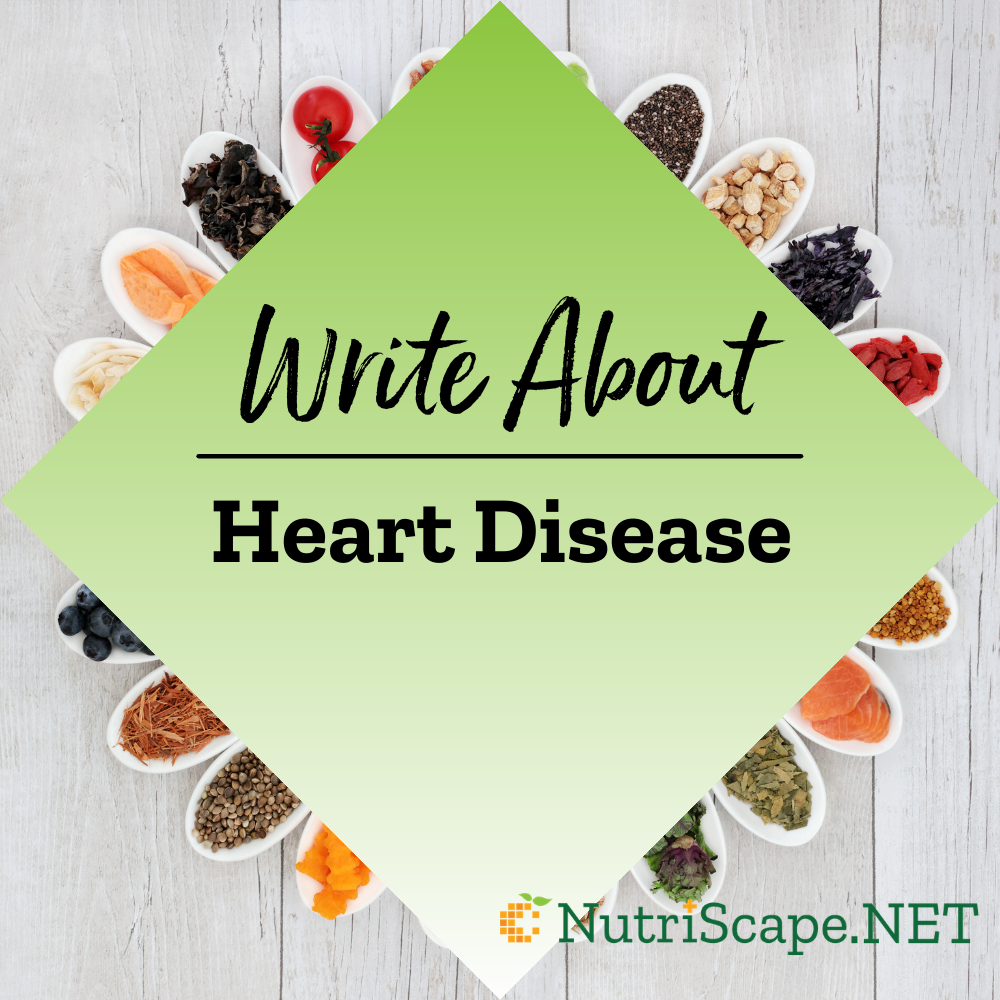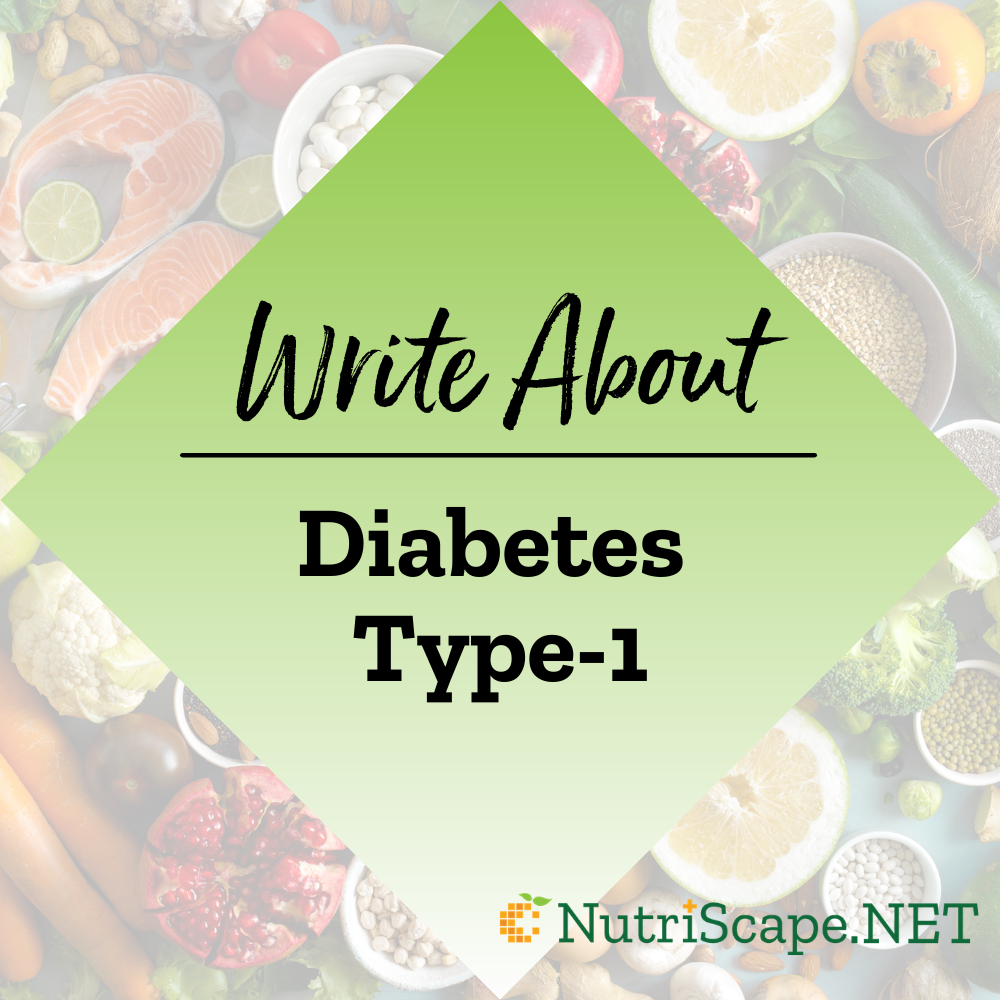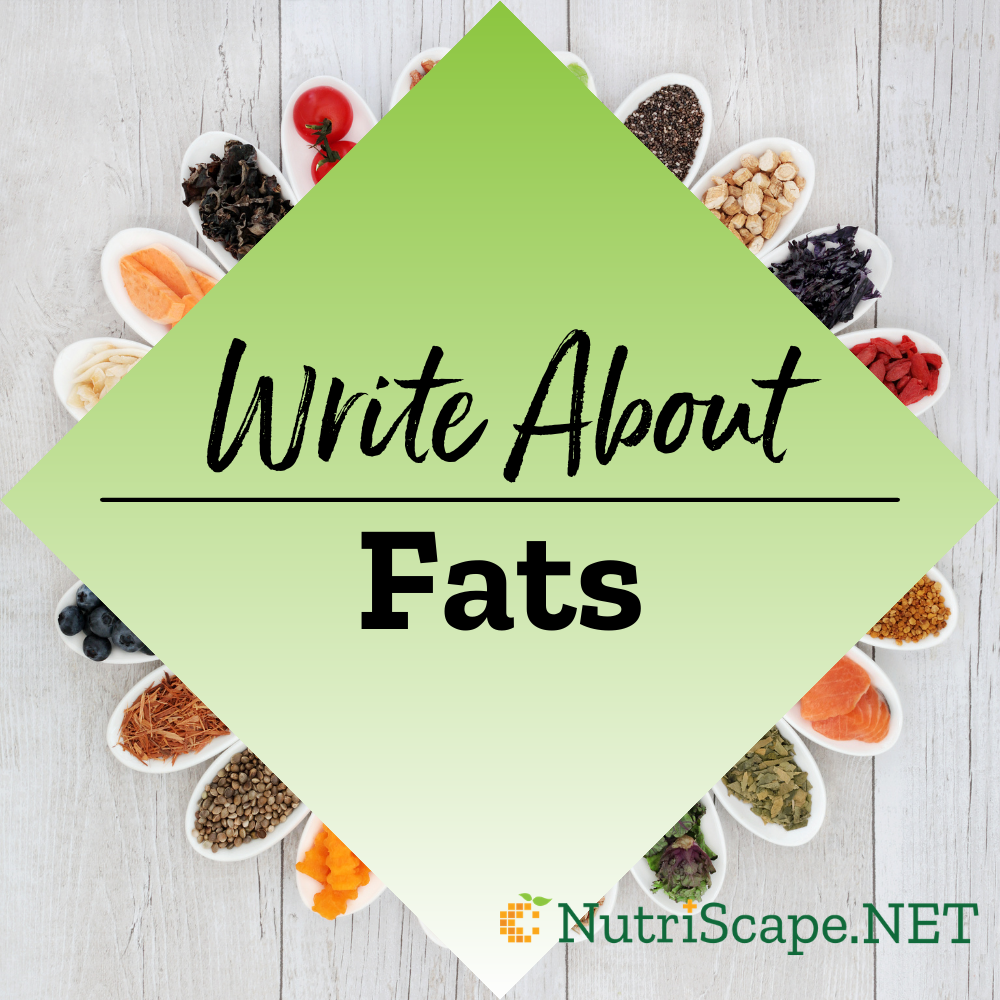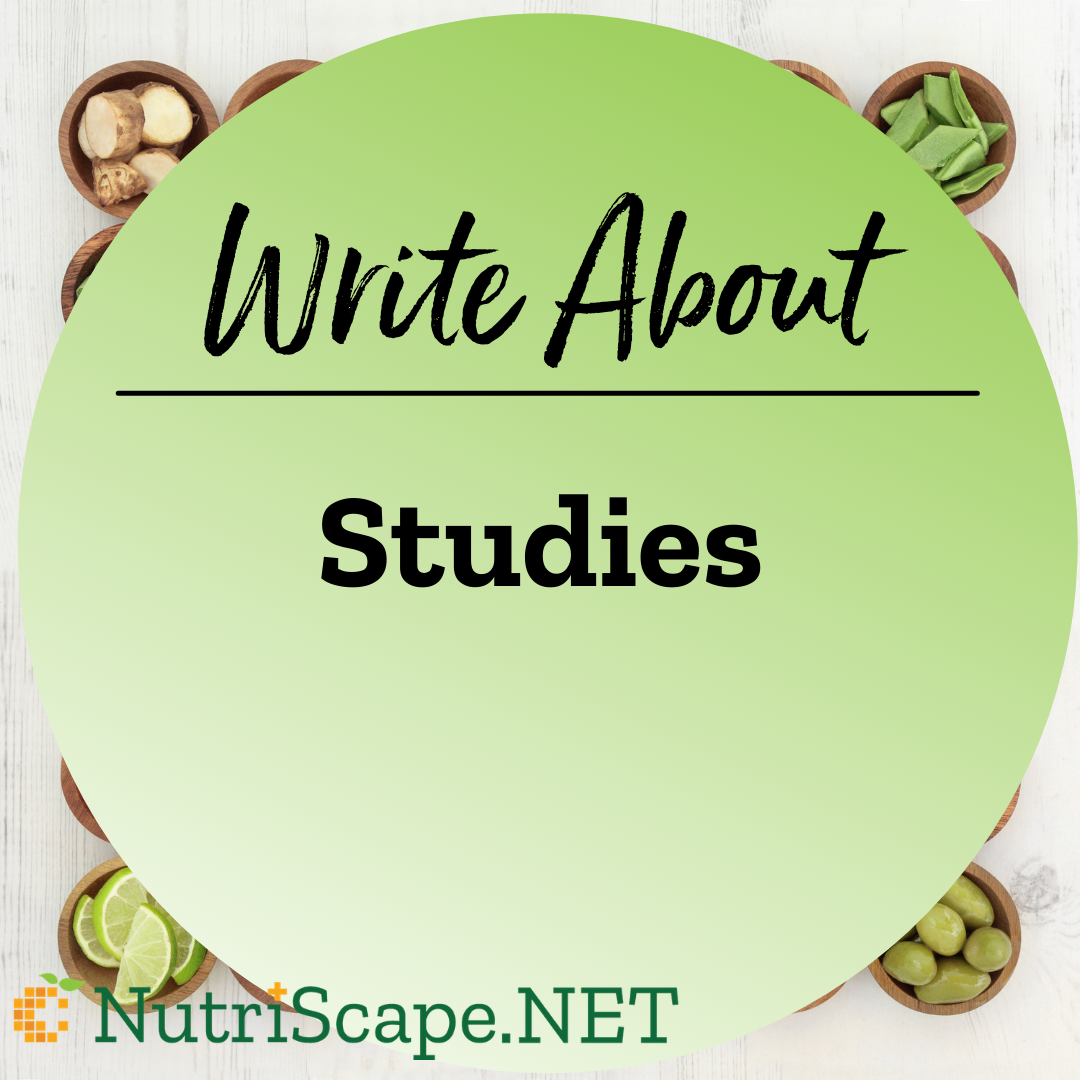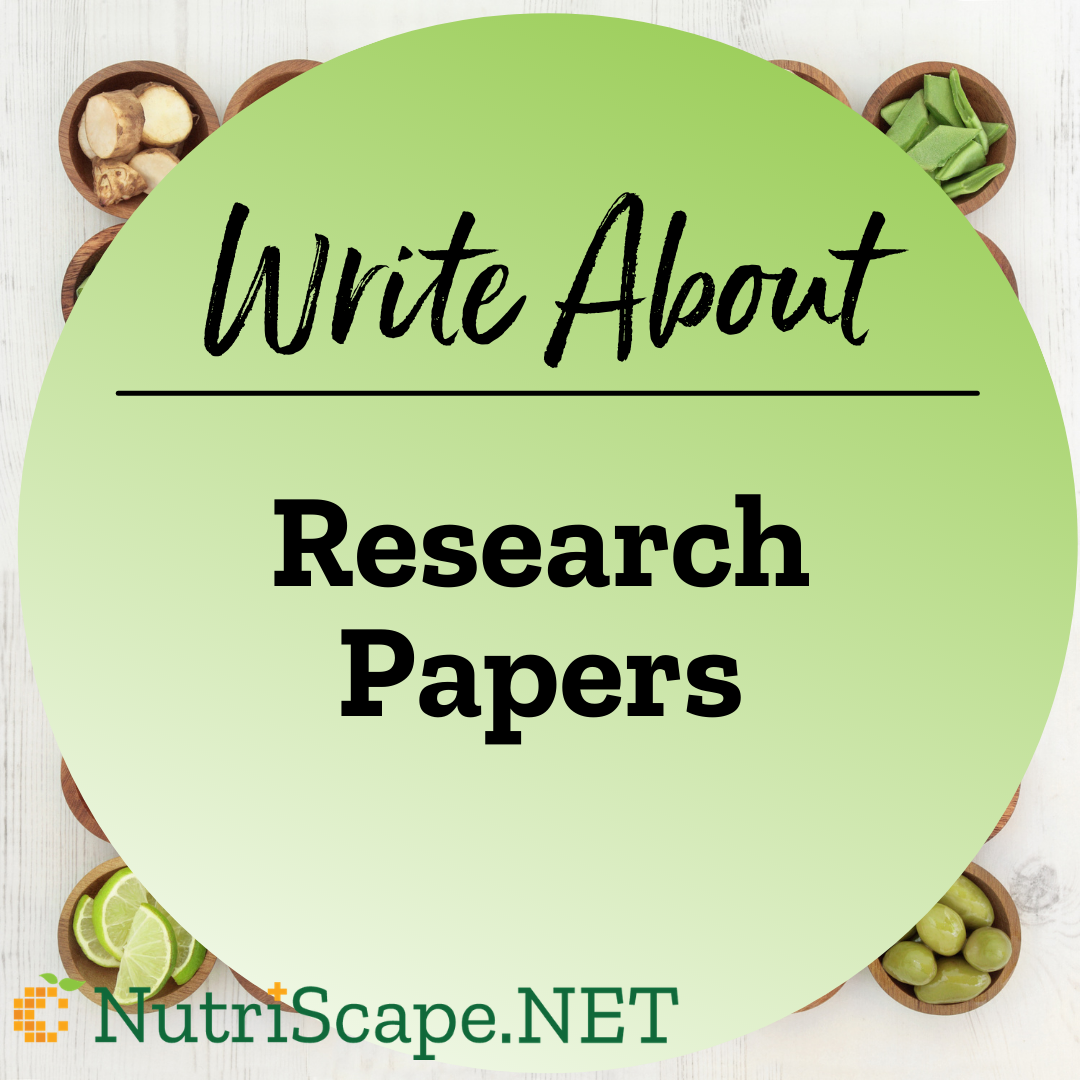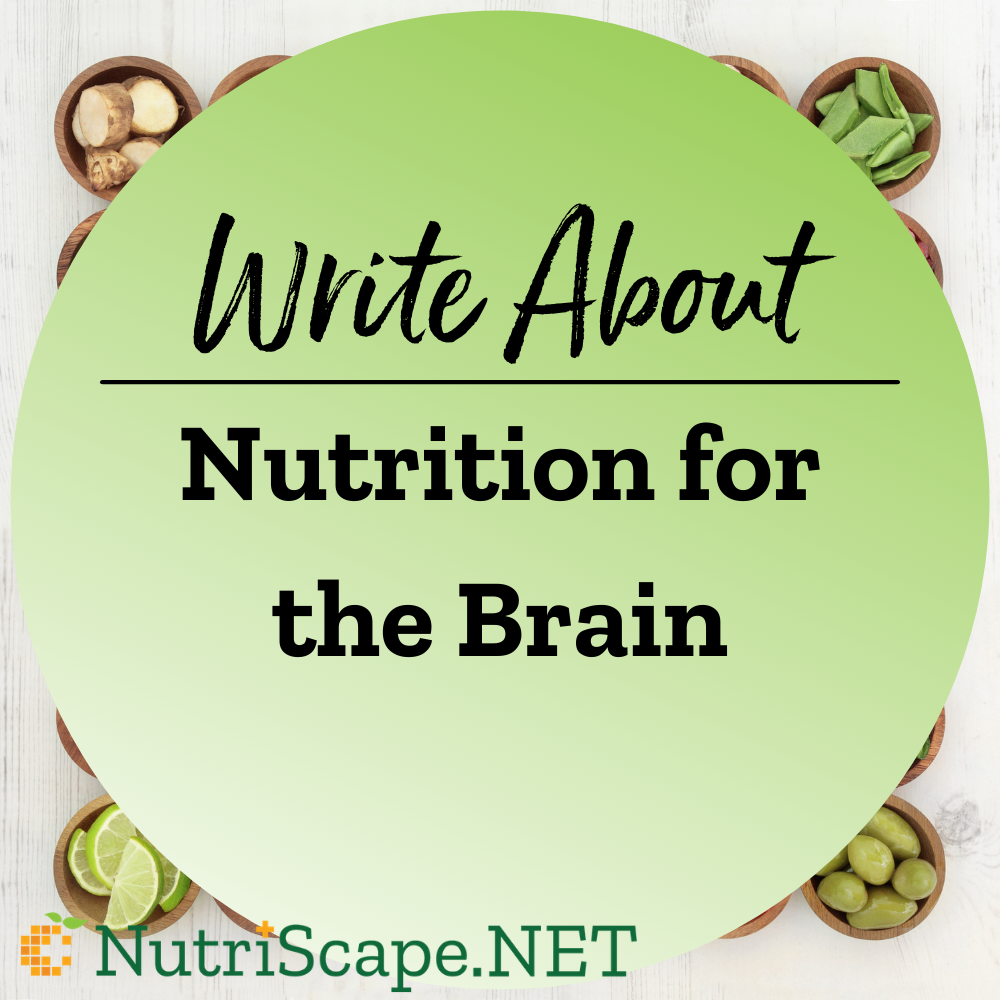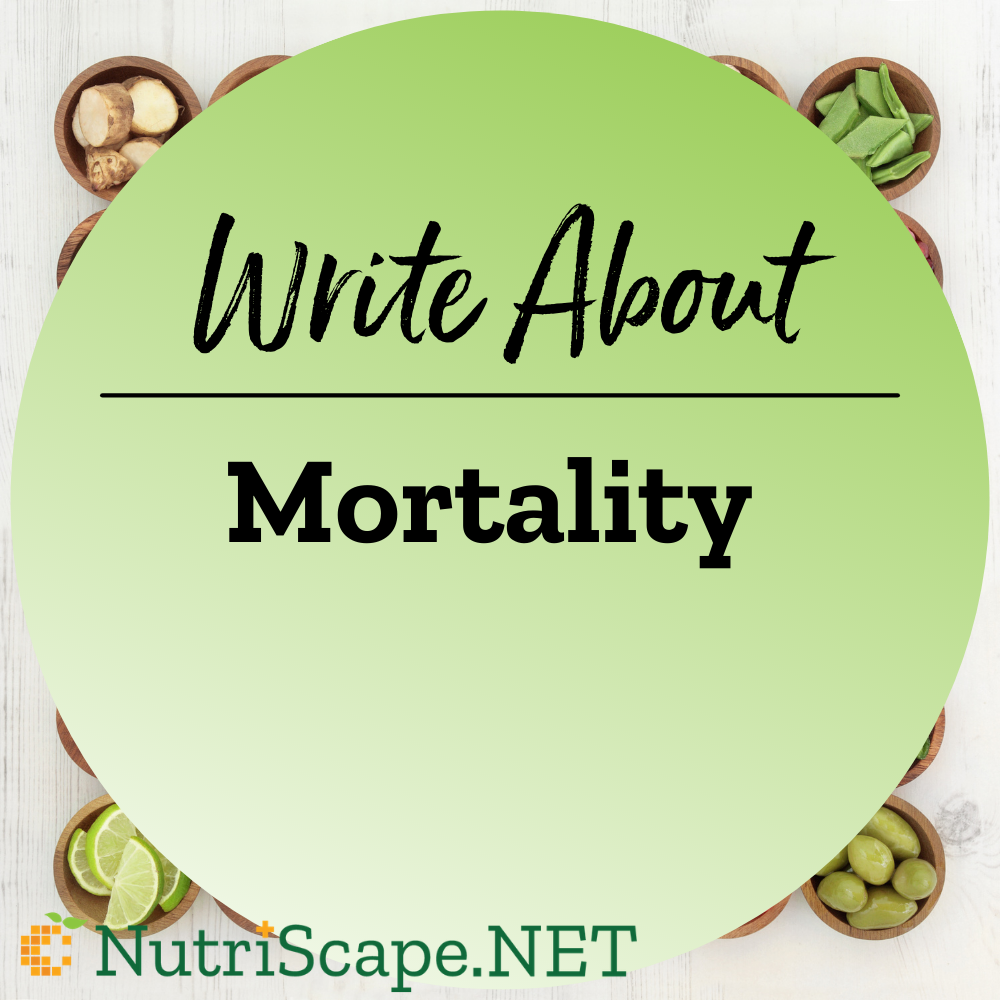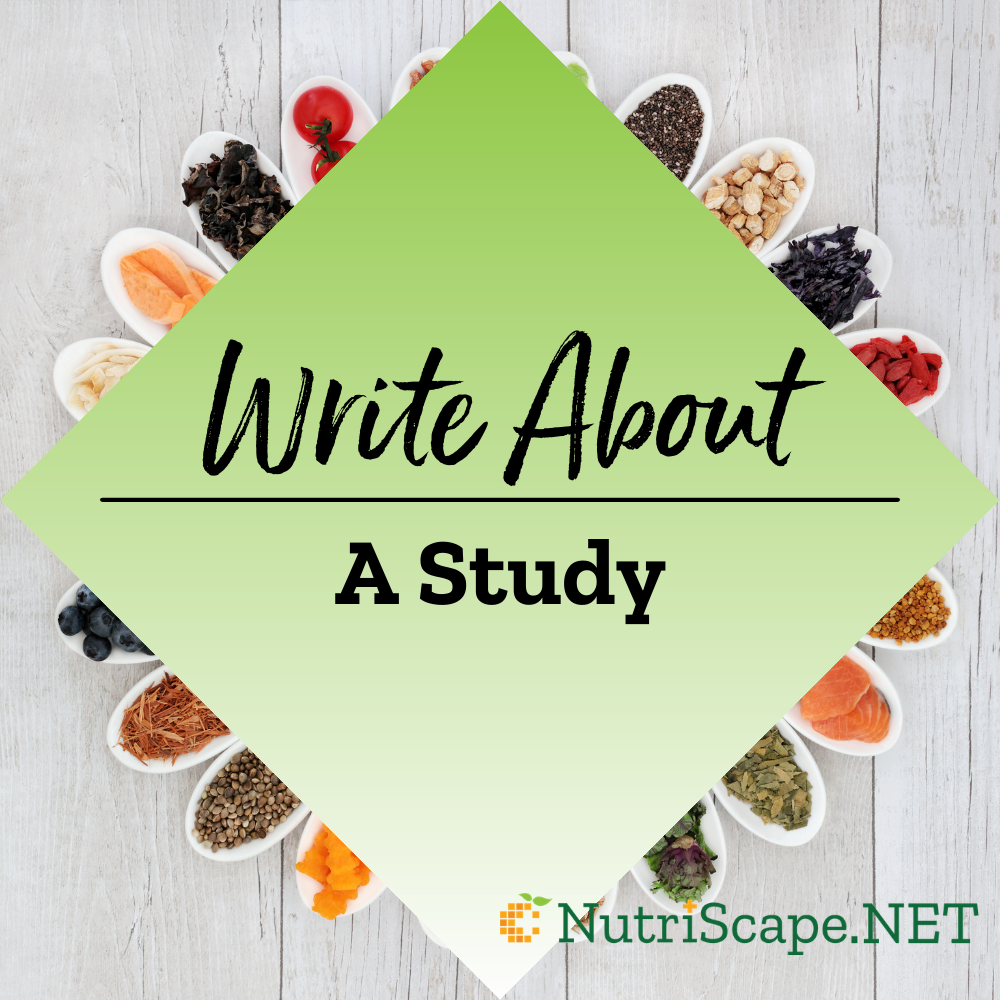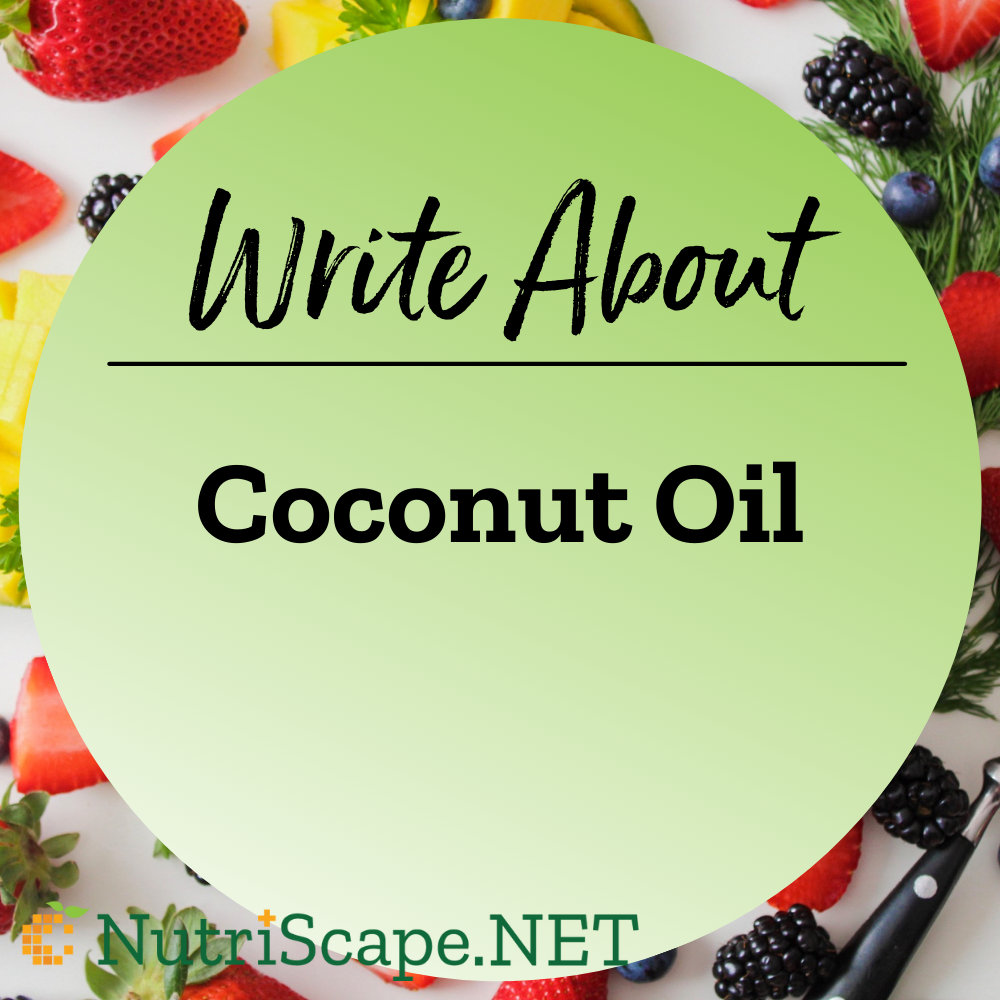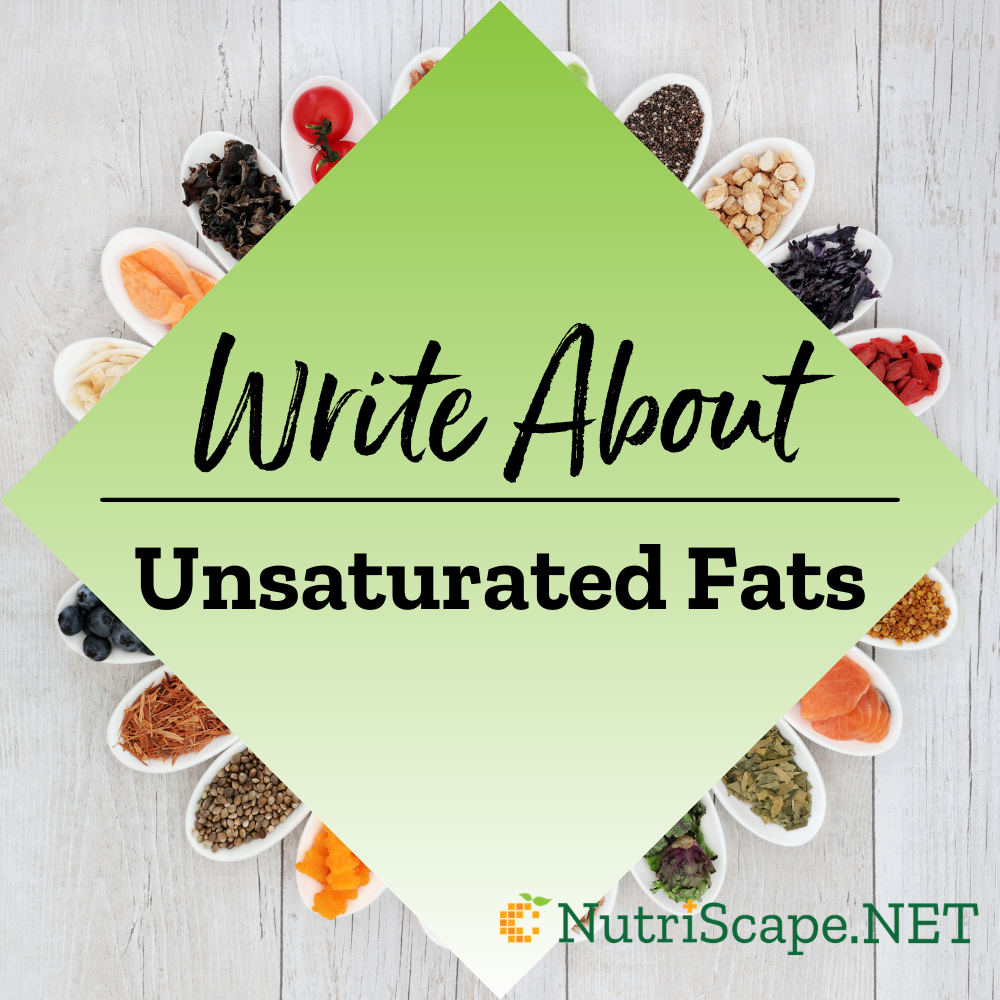
We came across this topic some time back and thought it would be good inspiration for a NutriScape.NET article written from the dietitian’s point of view. Here are some quick snippets you can follow.
Risk for developing type 2 diabetes is not modified by consuming more omega-3, omega-6 and/or total polyunsaturated fatty acids, according to findings published in BMJ. “The World Health Organization asked us to carry out a set of studies — systematic reviews of randomized controlled trials — assessing health effects of omega-3 and omega-6, which are polyunsaturated
Source: Polyunsaturated fatty acids confer no benefit for diabetes protection
Your writing adds immense value to The NutriScape Project’s educational mission and places our writers as experts in the field. It can deliver you attention from your perfect clients so that they can connect—that’s what it’s all about. But first, let’s make sure this article is going to get the attention it deserves.
When Google Likes Your Article, Clients Find You
We want to make it easy to write great articles that get awesome levels of traffic. That requires SEO. SEO is the art and science of getting found on Google. It is a highly technical topic that most dietitians prefer not to tackle. And SEO is best done before any writing even takes place.
Our specialist dietitian has already done much of the SEO work for you–researching and testing out the best keywords and heading structure to include to make your article show up in internet searches.
Keywords:
Coming up with the best keywords is tricky. Many of the keywords we would normally think of having either too much competition or too little search traffic. You will want to use the keyword/keyphrase in the first paragraph of your article and several more times.
According to our research, these are the best keyword(s) or keyphrase(s) to include in your article:
- polyunsaturated fatty acids benefits for diabetes
- are polyunsaturated fats good for diabetics?
- polyunsaturated fatty acids
Suggested Headings
Readers love easy reading! Google looks for readability and scanability, so headings are important. Headings make your article easy to scan and can also break up long blocks of text that tend to overwhelm your readers.
During the keyword research process, these heading ideas came up in the top-rated articles and searches. If these headings fit the topic you are writing about and the article you want to write, they would probably help the article rank well in Google searches. They are only suggestions, so if they don’t fit what you are writing, you will want to create something better. Here are the headings our SEO dietitian suggested for this article:
- Polyunsaturated Fatty Acids and Their Potential Therapeutic Role in Cardiovascular System Disorders
- Type 2 Diabetes, PUFAs, and Vitamin D: Their Relation to Inflammation
- Nutrition Principles and Recommendations in Diabetes
- Polyunsaturated Fatty Acids and Glycemic Control in Type 2 Diabetes
Planning And Writing Your Article
This resource is sure to help as you organize your thoughts:

 Scan Me!
Scan Me!
